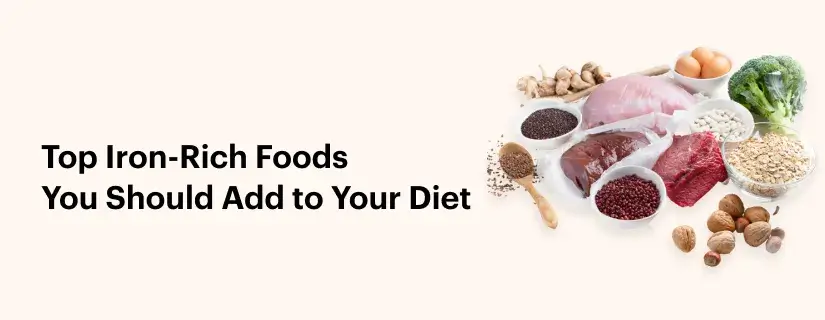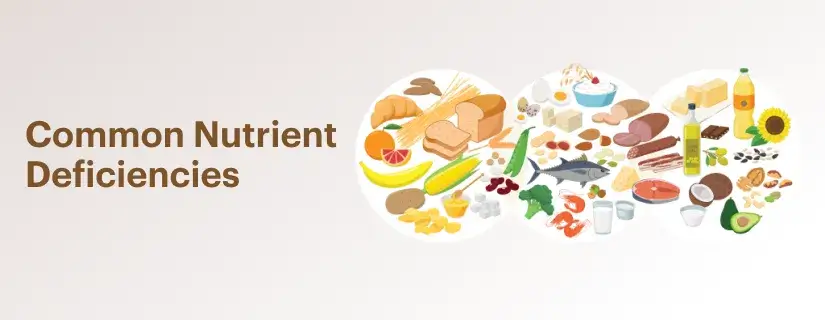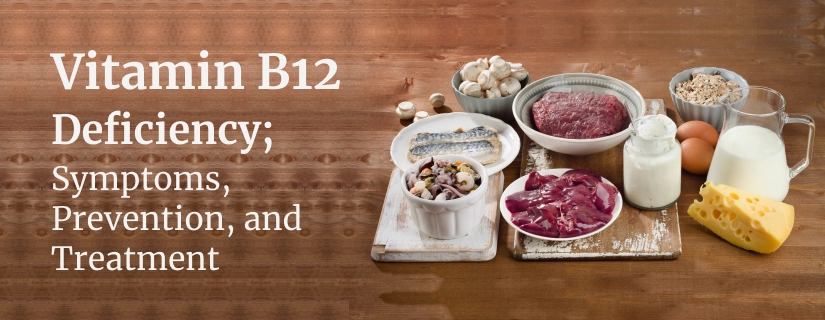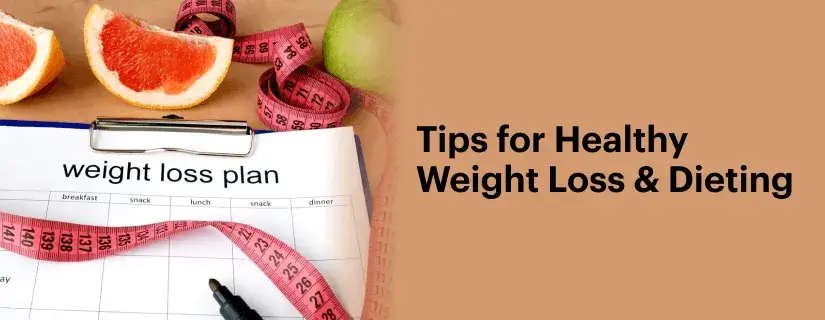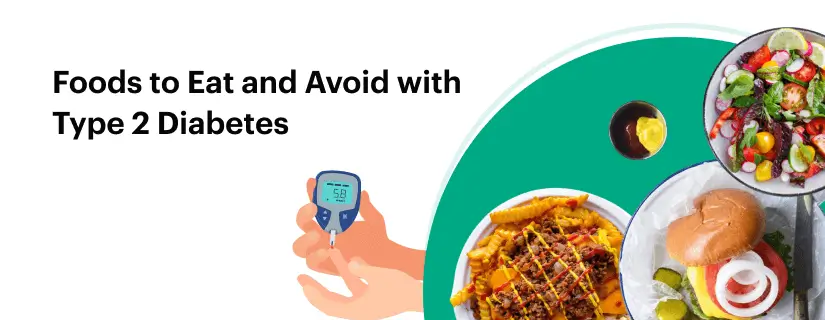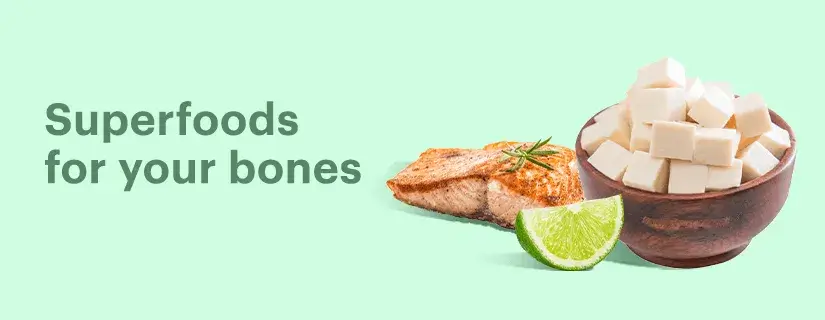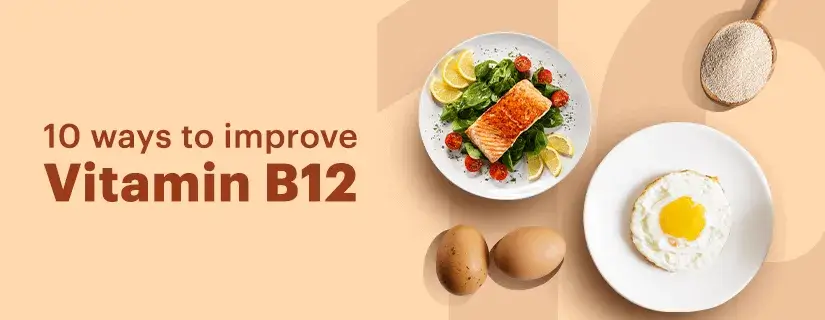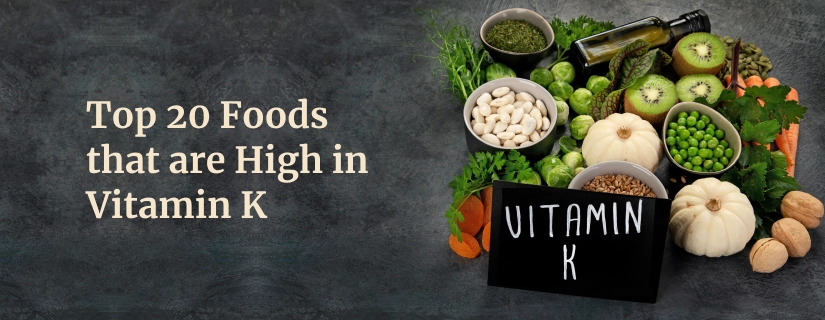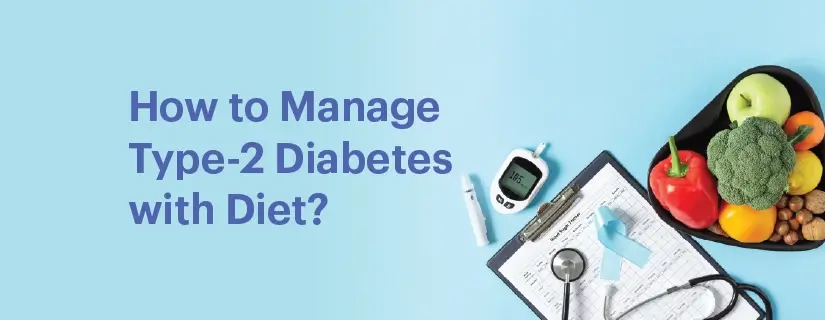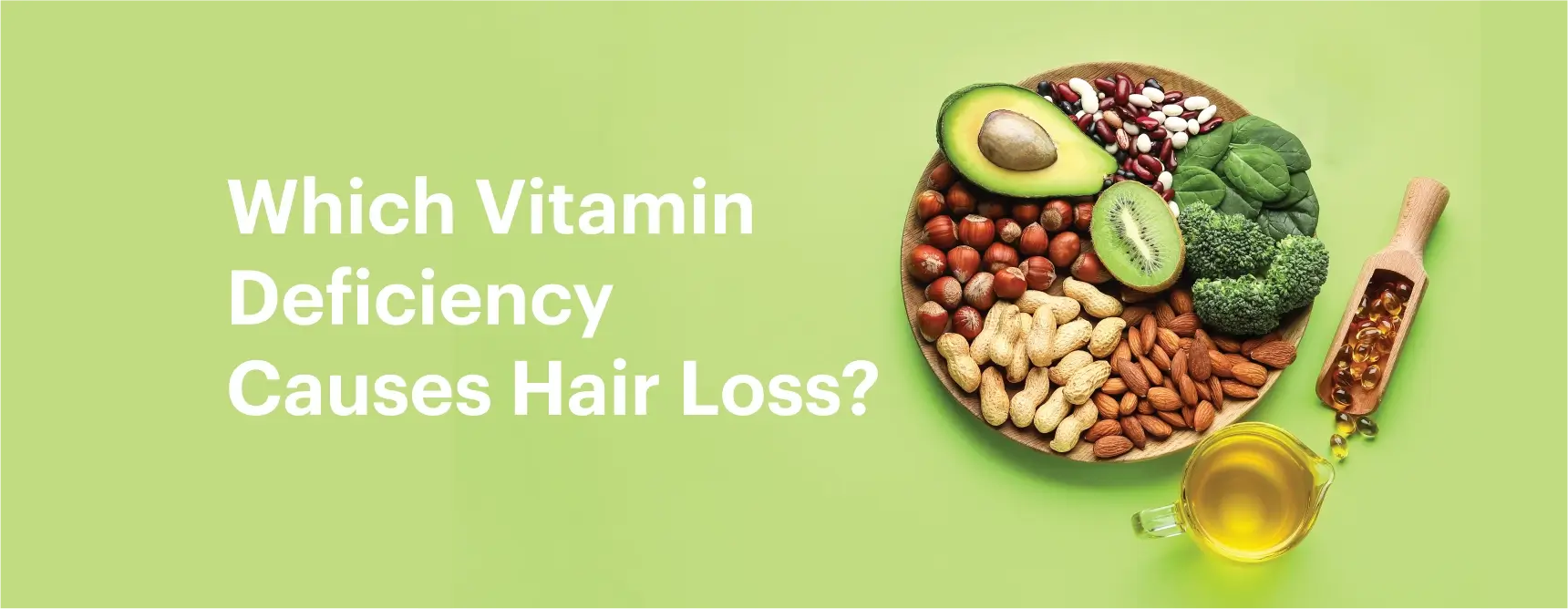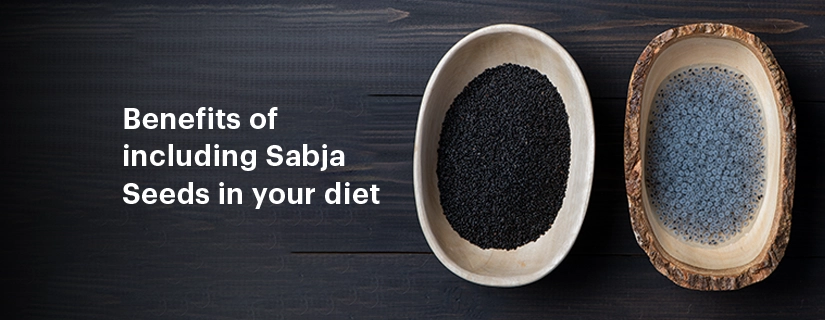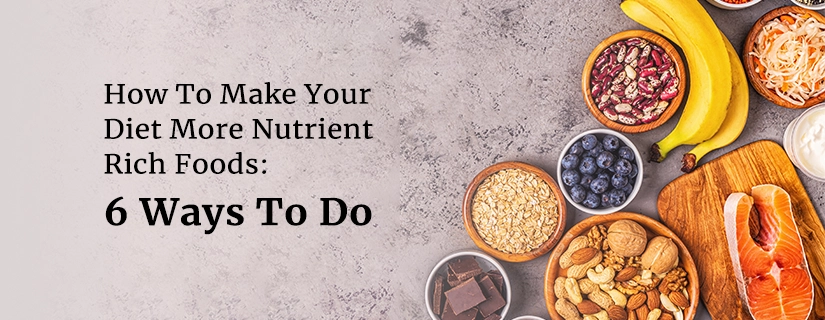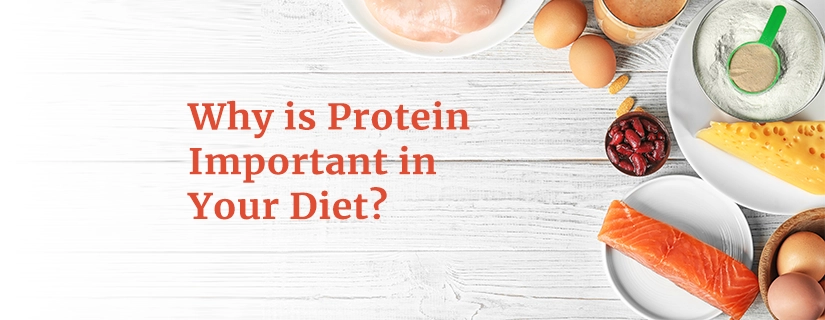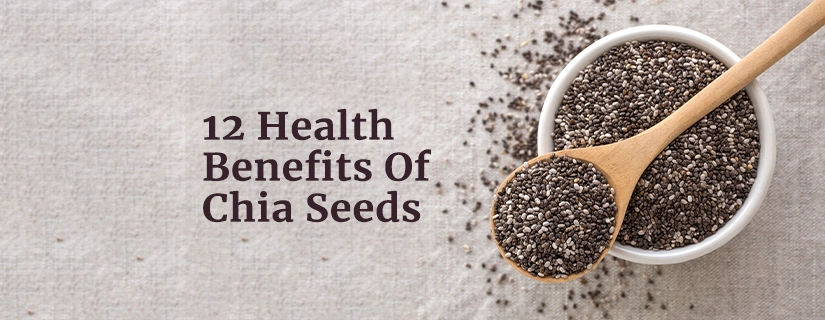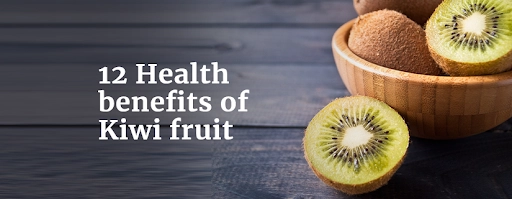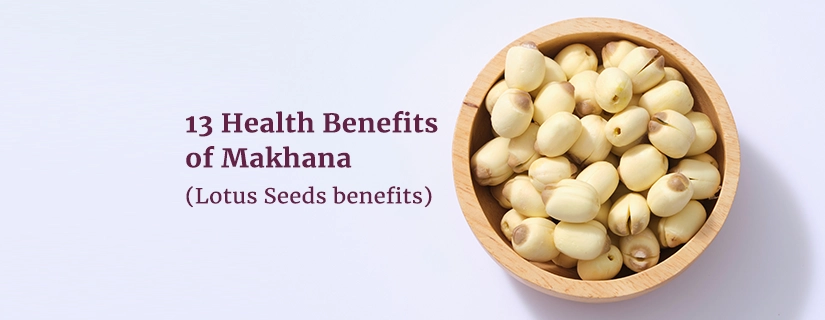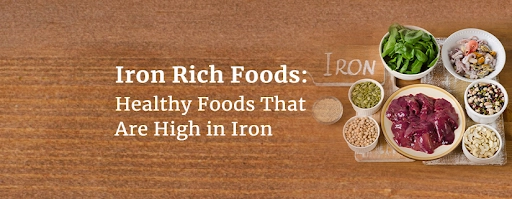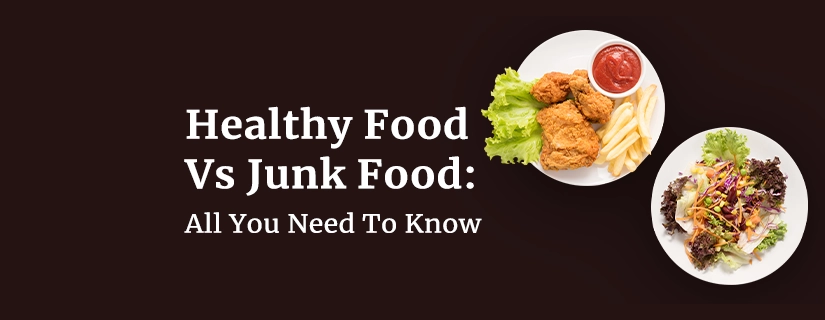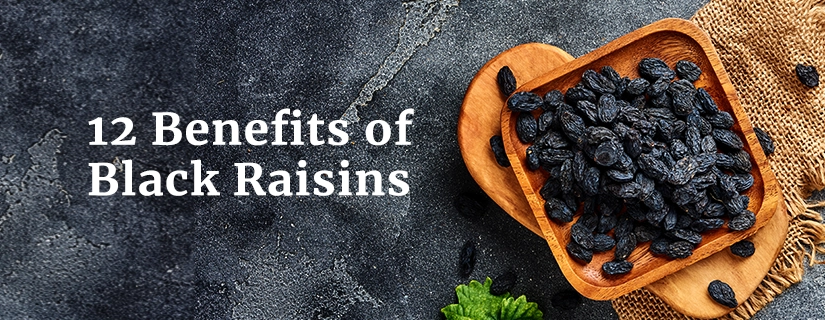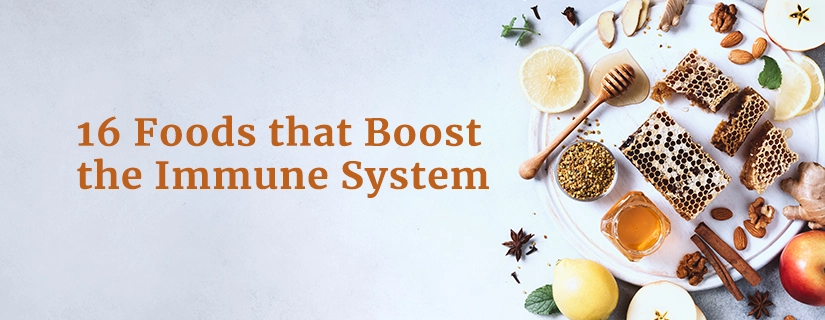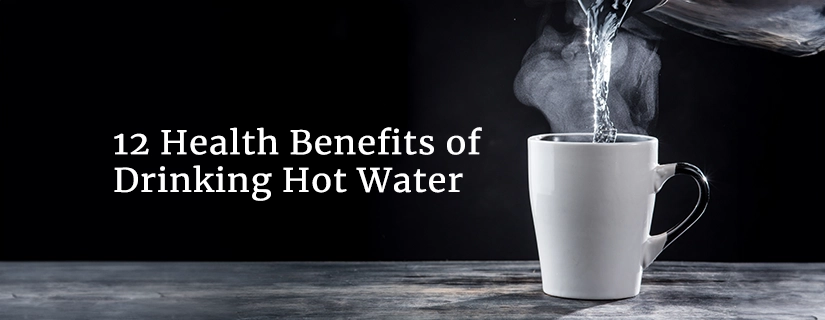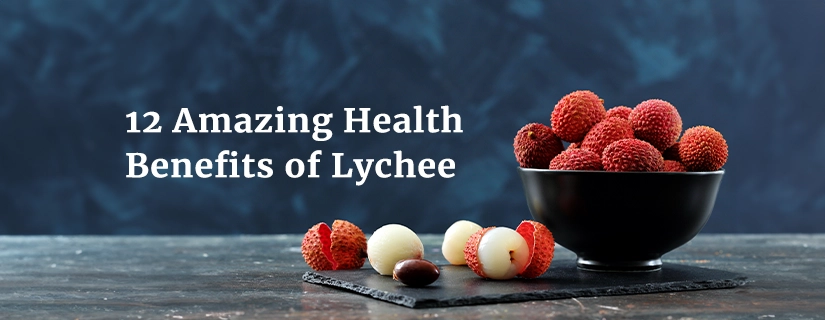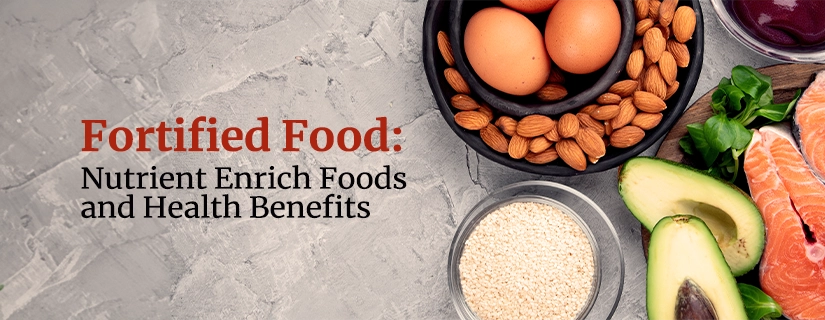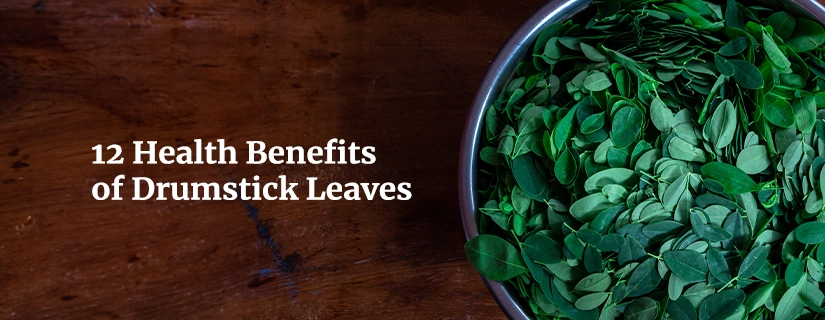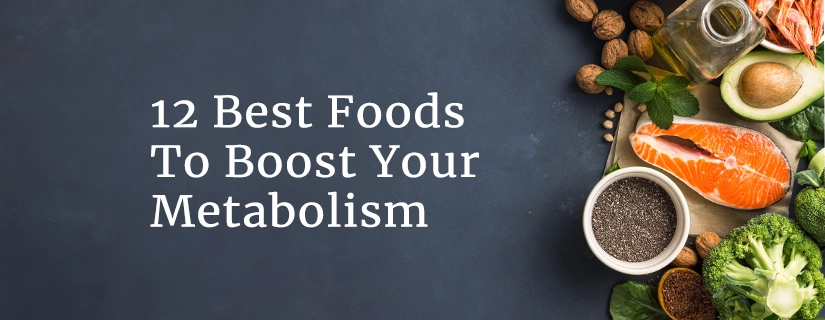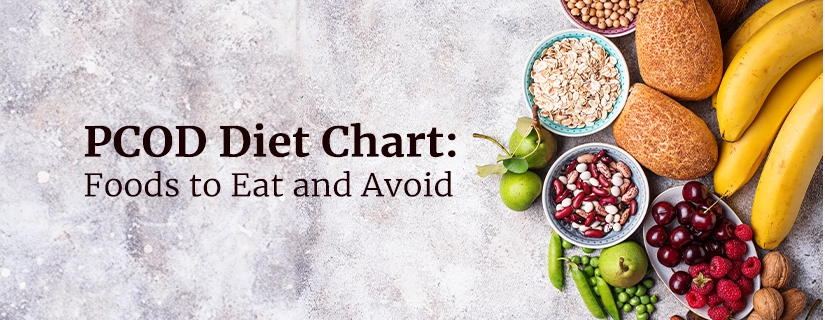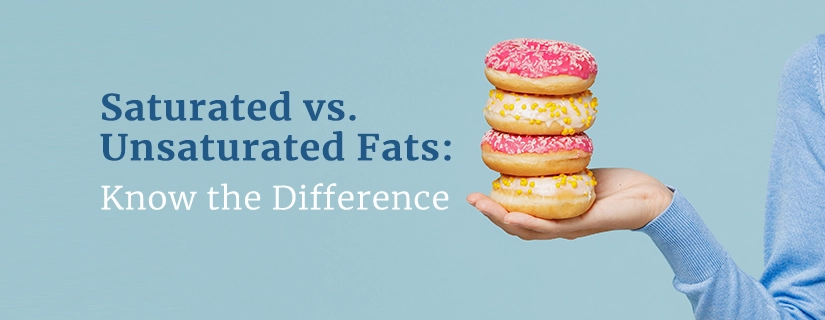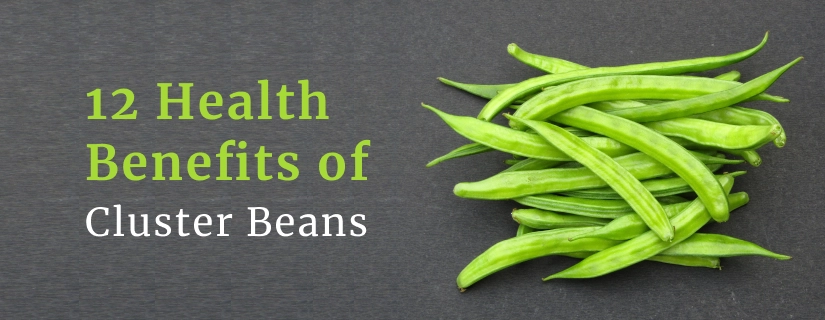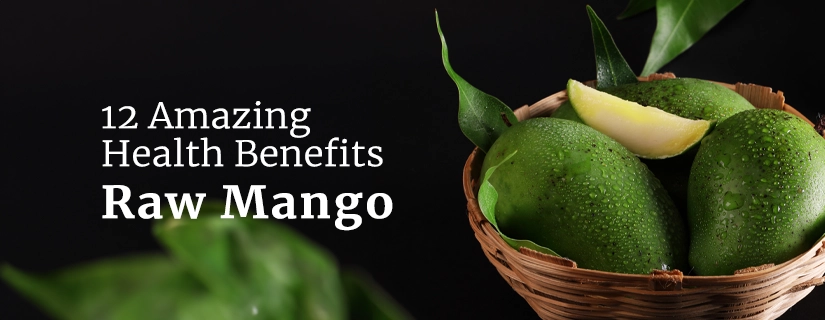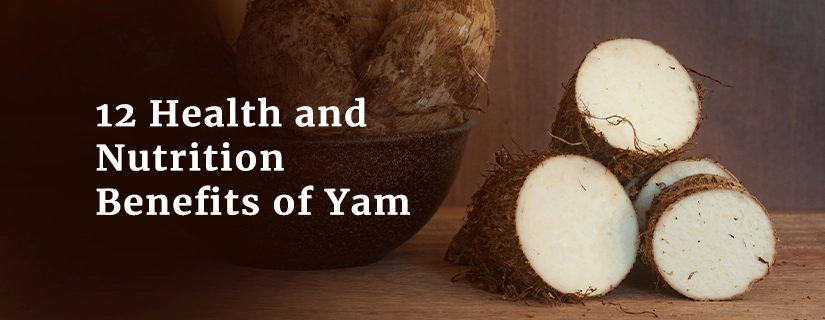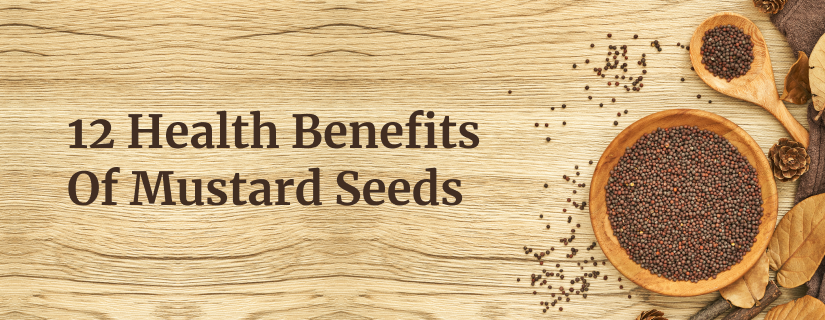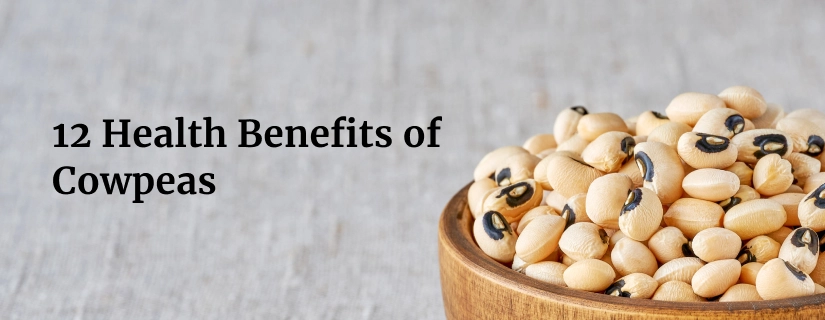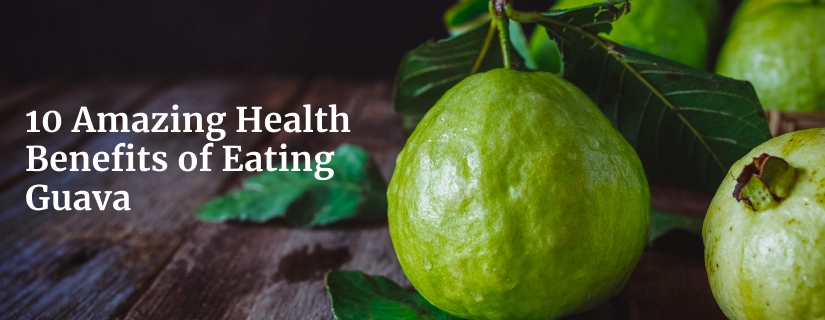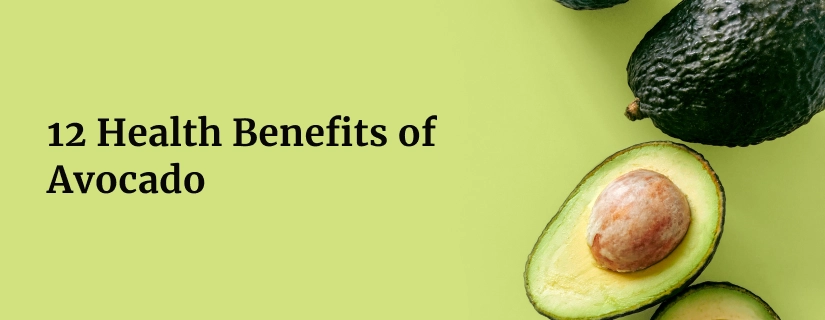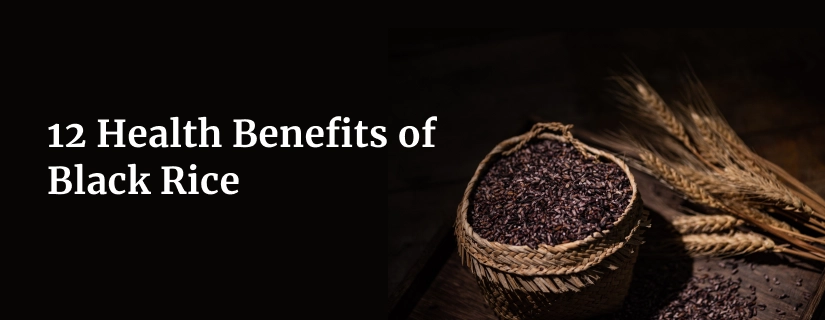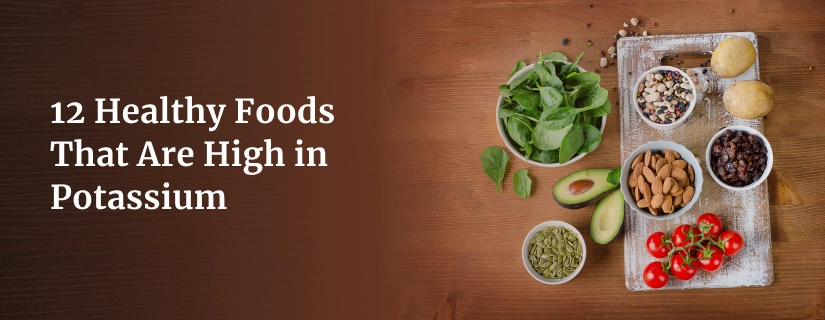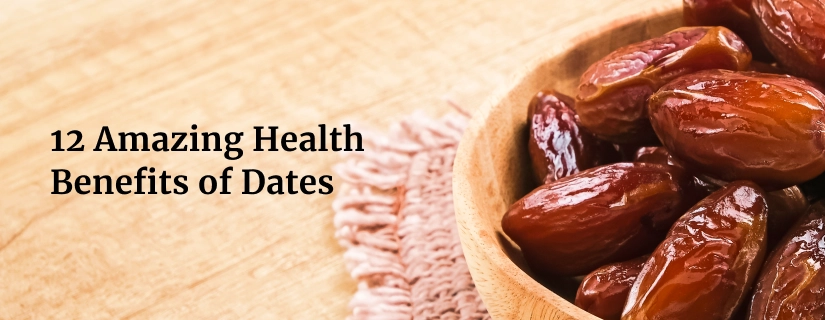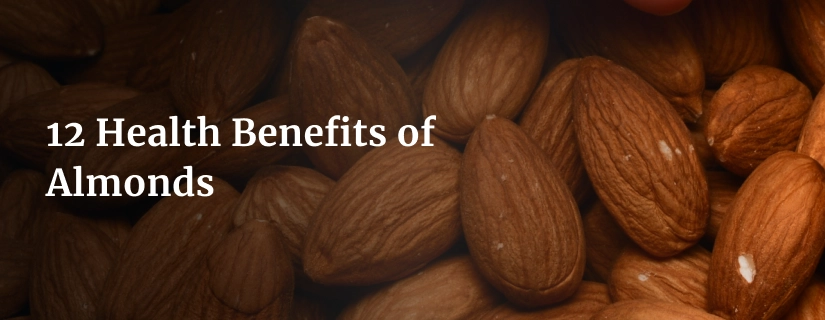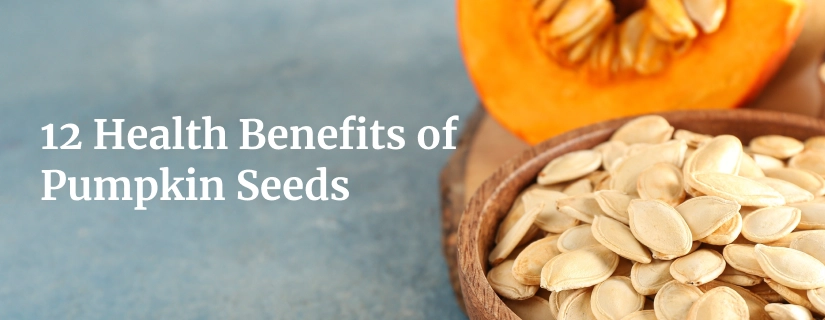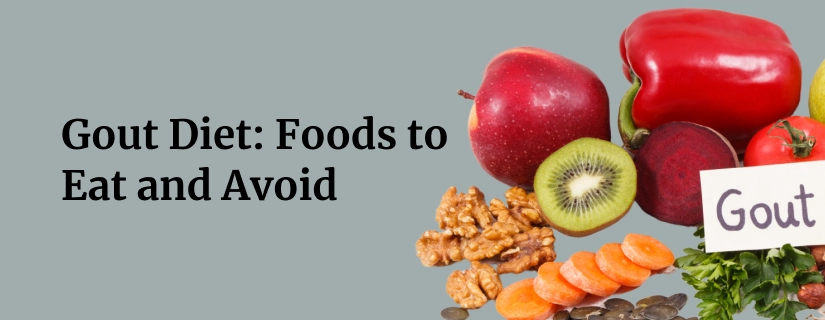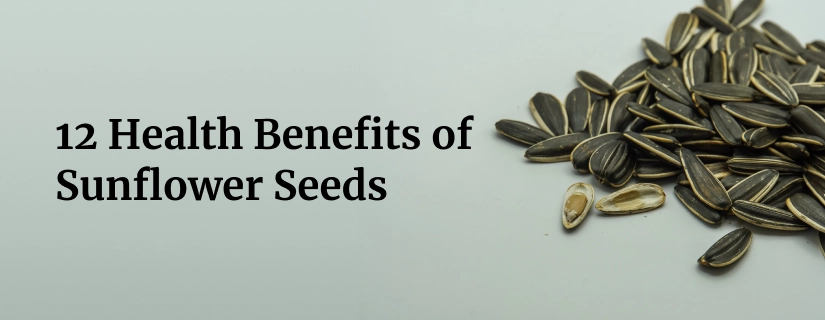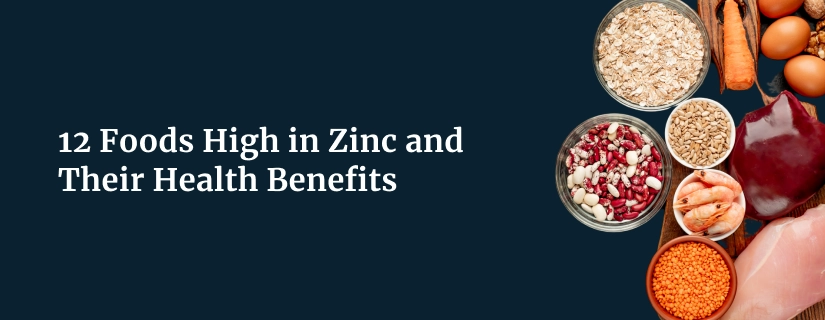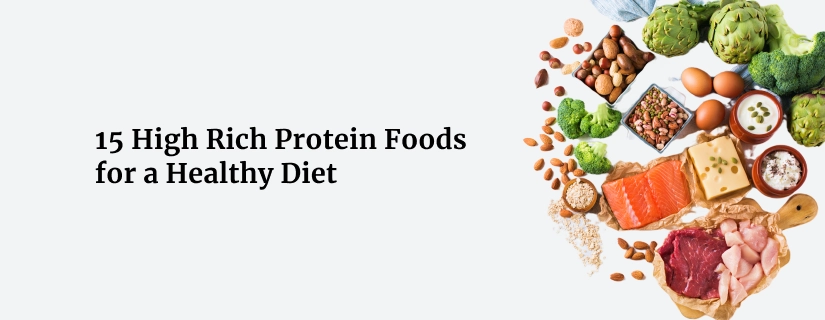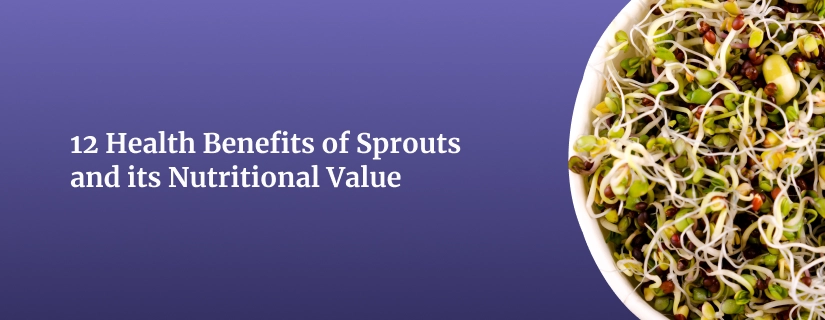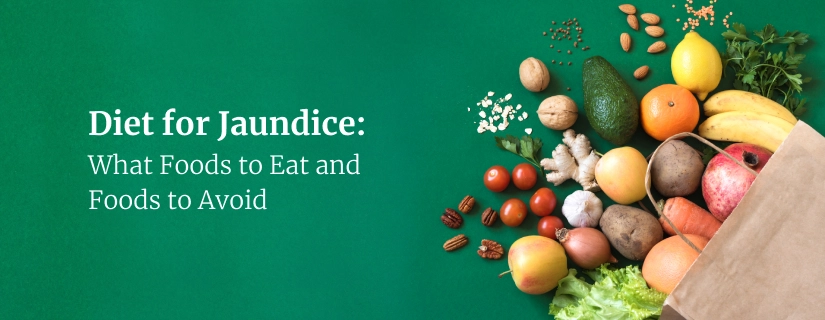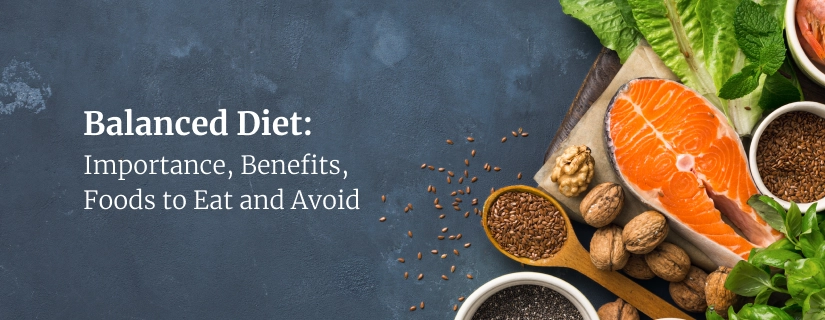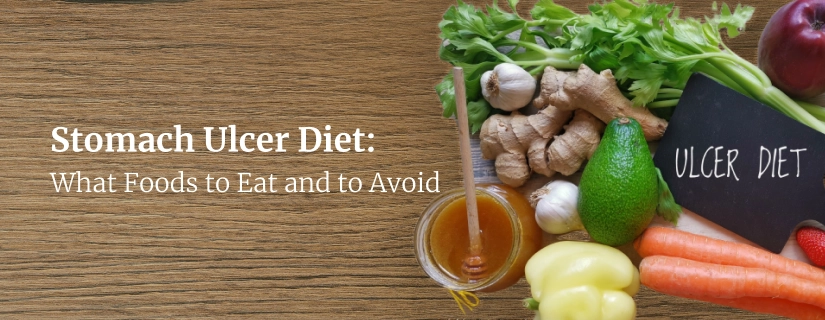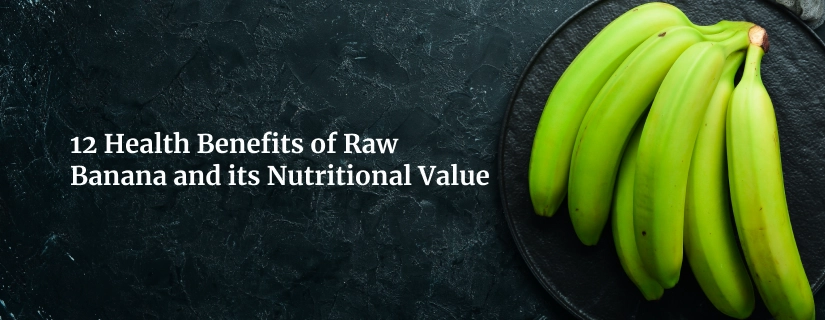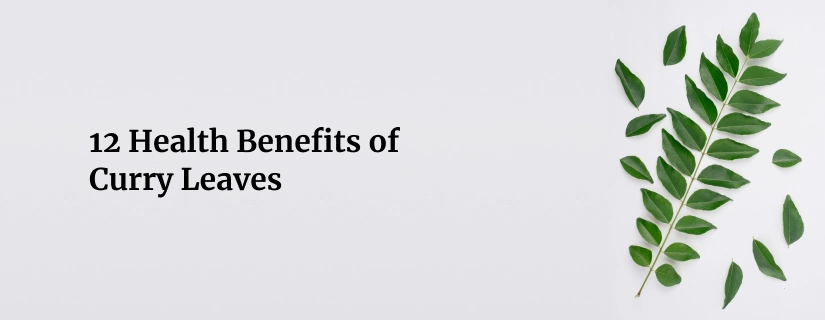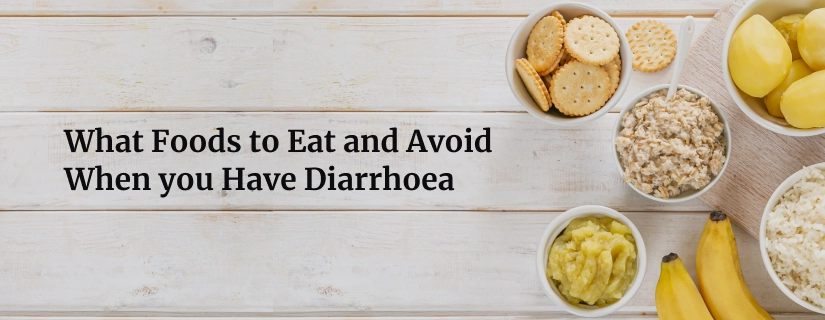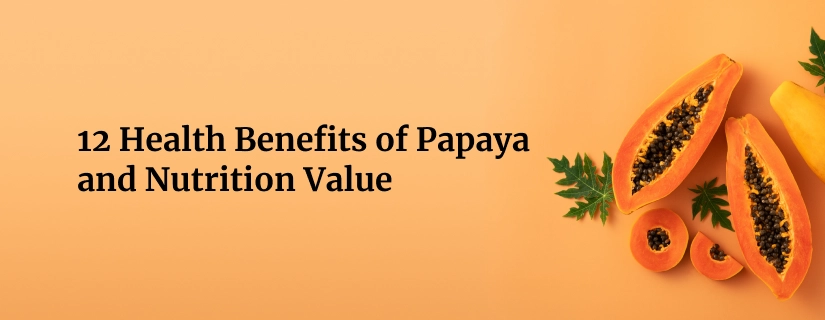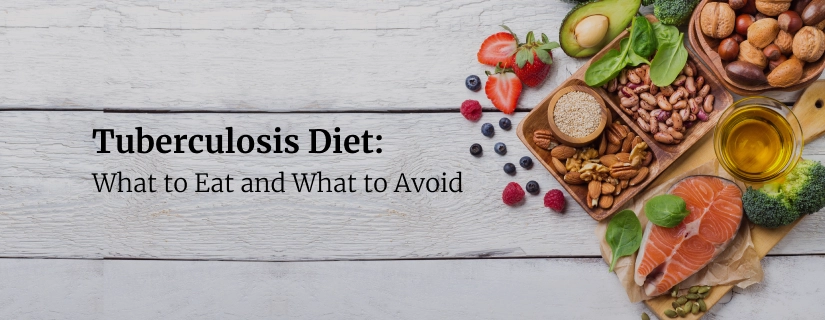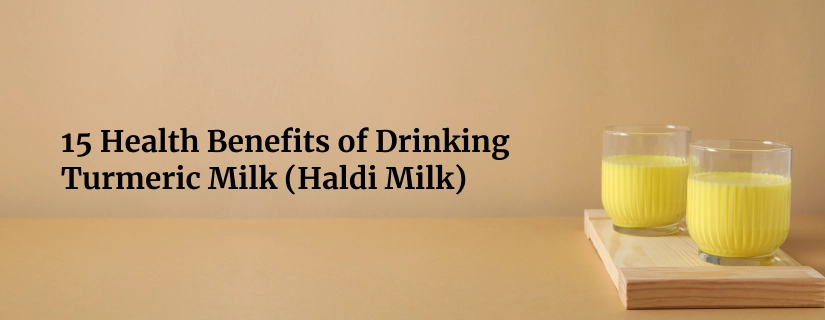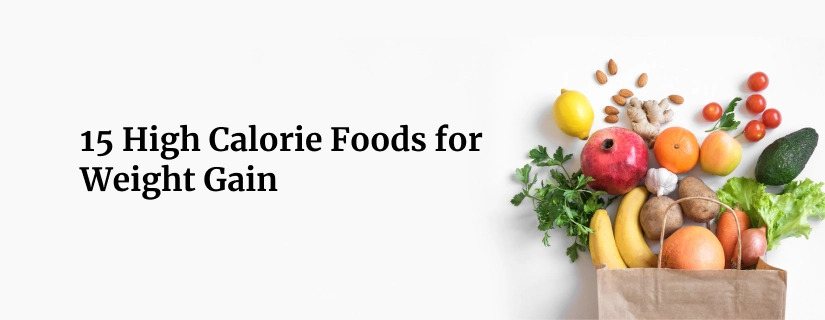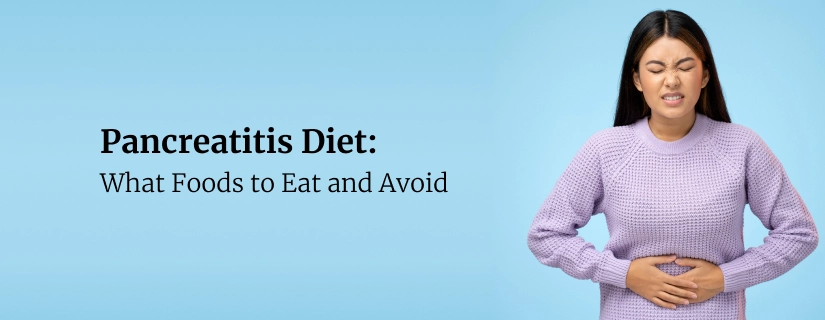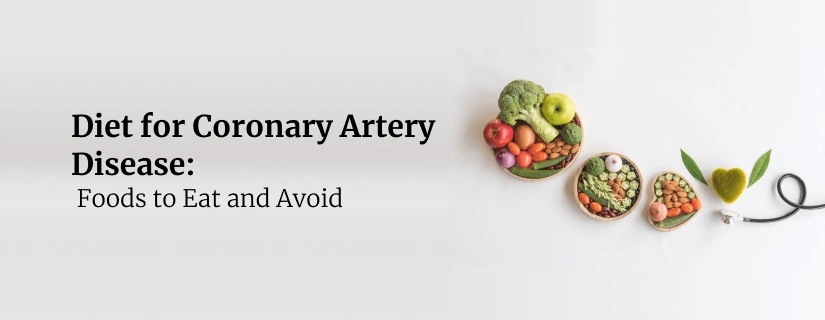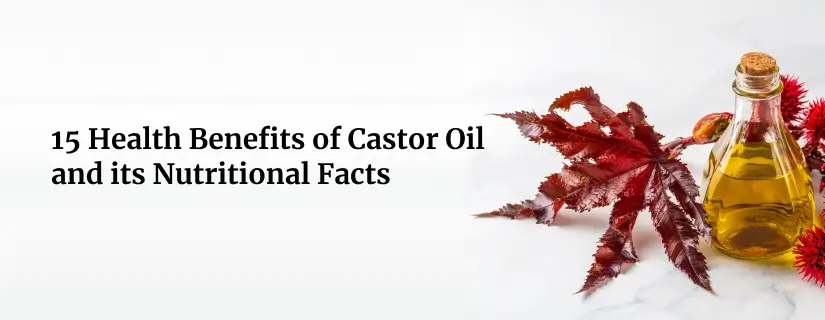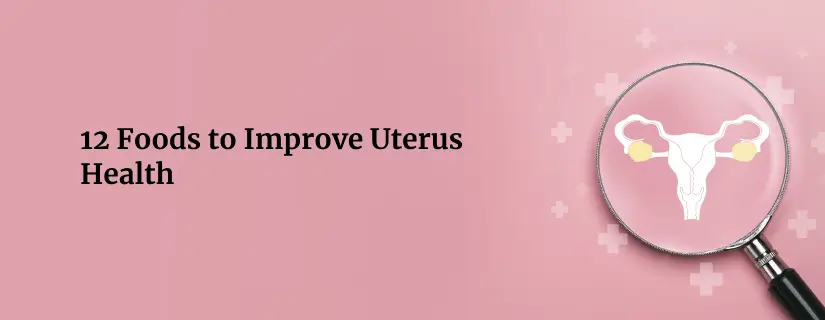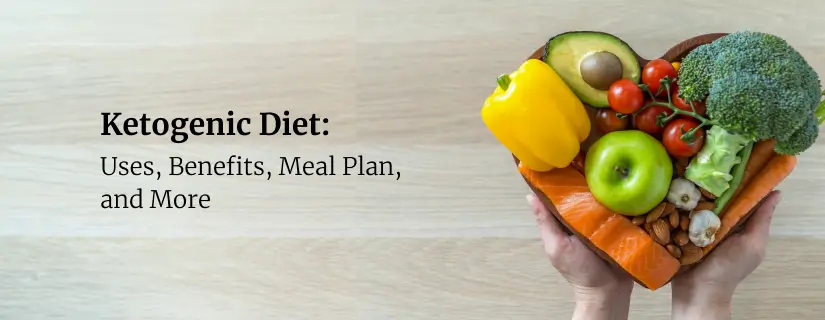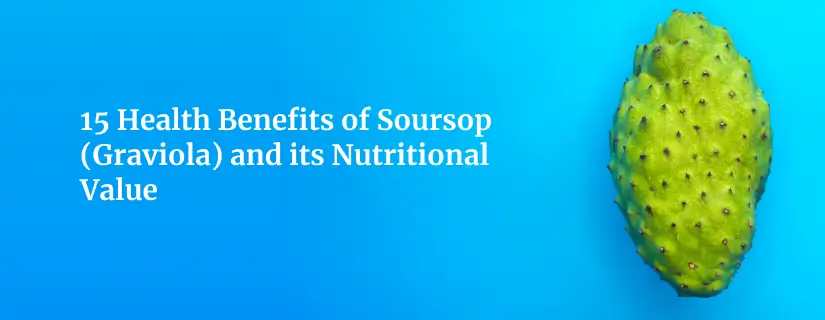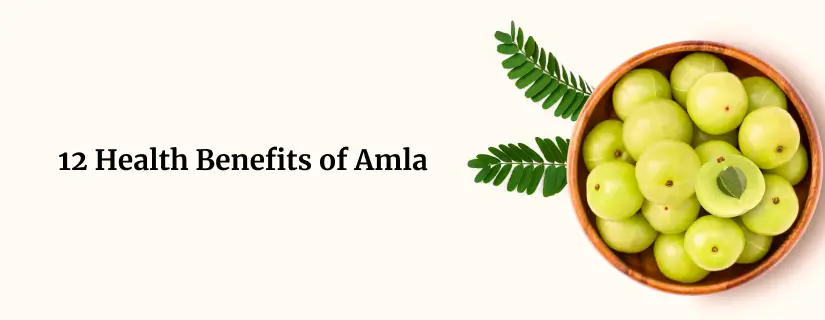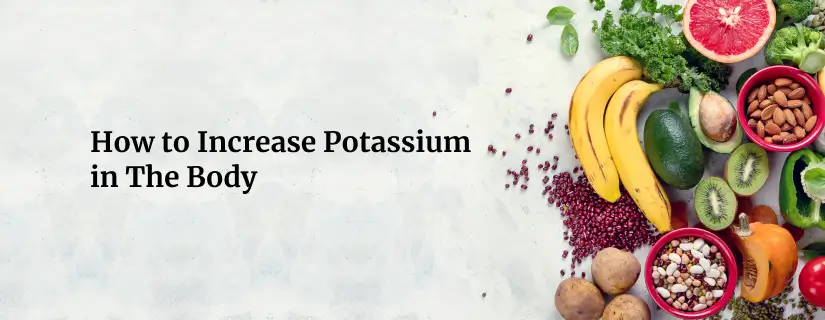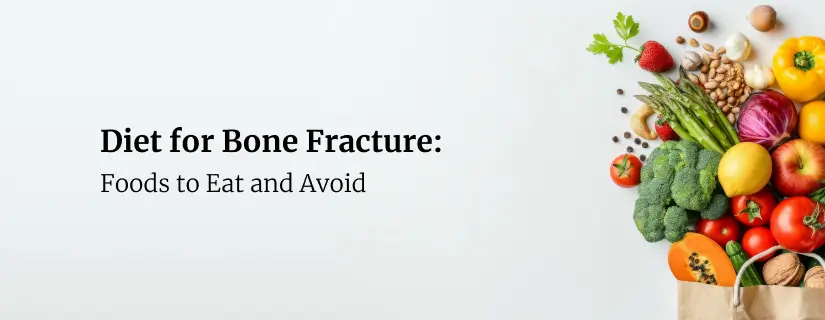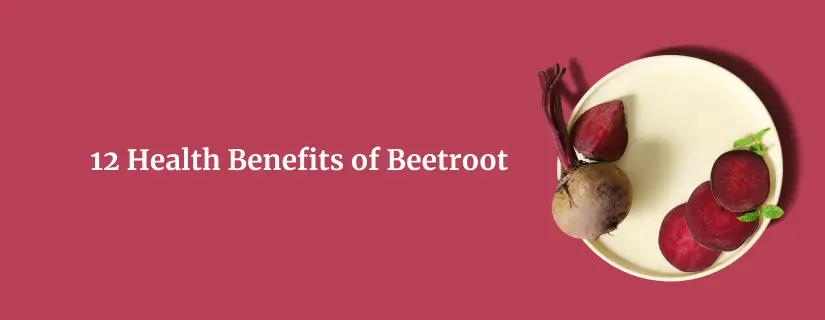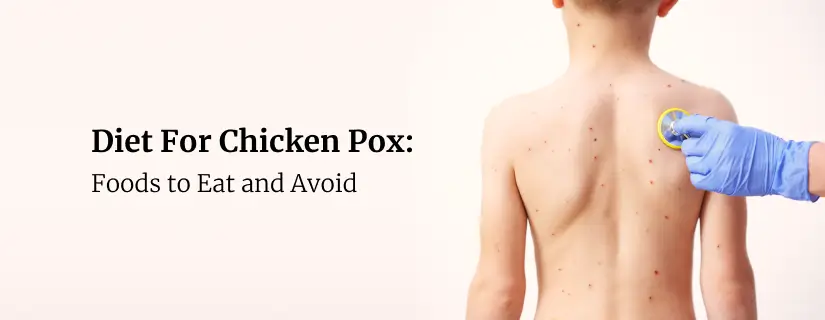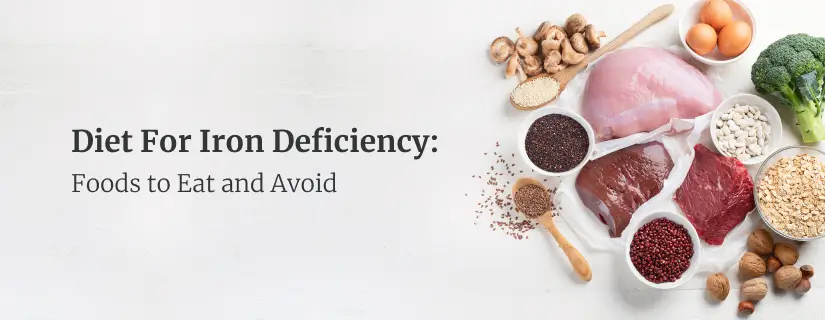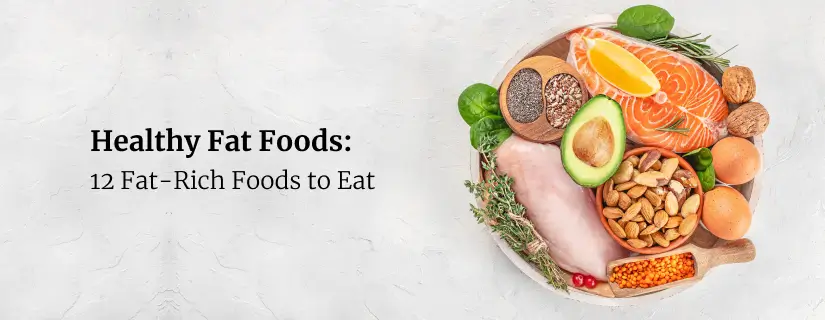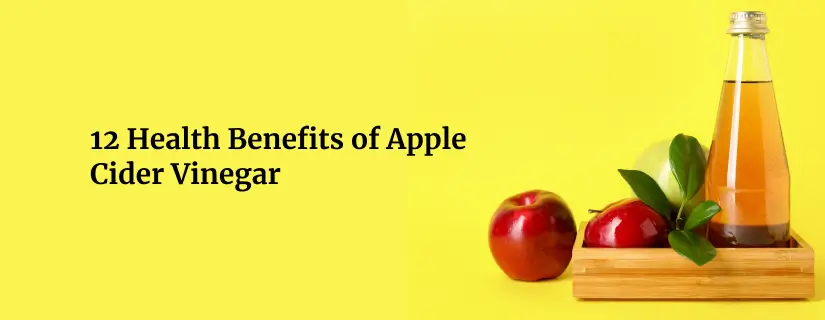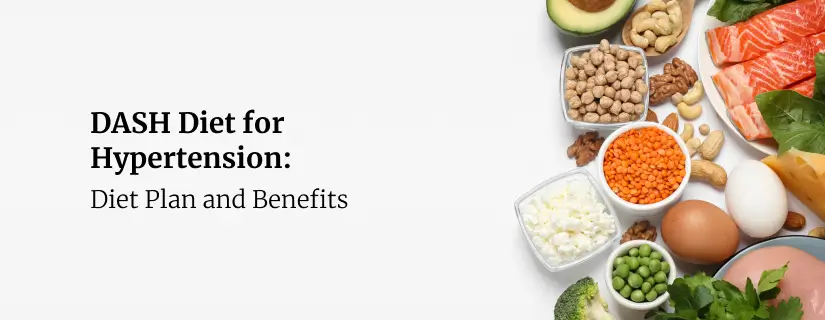-
Doctors
-
Specialities & Treatments
Centre of Excellence
Specialties
Treatments and Procedures
Hospitals & Directions HyderabadCARE Hospitals, Banjara Hills CARE Outpatient Centre, Banjara Hills CARE Hospitals, HITEC City CARE Hospitals, Nampally Gurunanak CARE Hospitals, Musheerabad CARE Hospitals Outpatient Centre, HITEC City CARE Hospitals, Malakpet
HyderabadCARE Hospitals, Banjara Hills CARE Outpatient Centre, Banjara Hills CARE Hospitals, HITEC City CARE Hospitals, Nampally Gurunanak CARE Hospitals, Musheerabad CARE Hospitals Outpatient Centre, HITEC City CARE Hospitals, Malakpet Raipur
Raipur
 Bhubaneswar
Bhubaneswar Visakhapatnam
Visakhapatnam
 Nagpur
Nagpur
 Indore
Indore
 Chh. Sambhajinagar
Chh. SambhajinagarClinics & Medical Centers
Book an AppointmentContact Us
Online Lab Reports
Book an Appointment
Consult Super-Specialist Doctors at CARE Hospitals
Common Mistakes That Damage Our Immune System
Updated on 26 July 2022
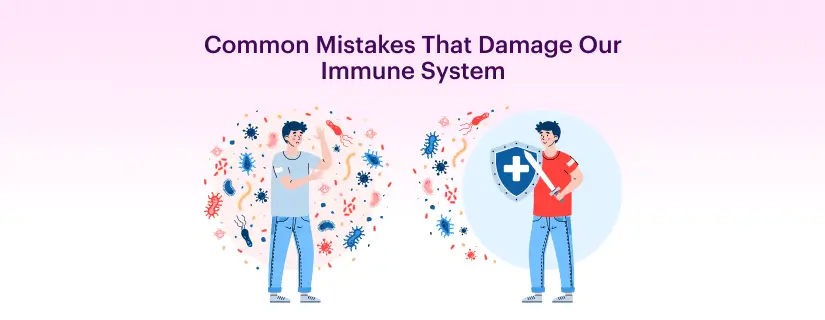
Table of Content
Have you experienced your eyelids suddenly closing and eyes tearing up when an external object – such as when dust or an eyelash goes into your eye? That is your body’s immune system that is at work – your defence forces trying to remove the invader from the system. Sometimes, there are a few common mistakes that damage our immune system and we don't even realize we're doing it.
The immune system is our own body’s defence mechanism, that fights our body’s invaders. It is a complex network of cells and proteins that defend the body against infection. Many external forces are acting on our bodies like toxic chemicals in the air or harmful bacteria that could be present around us. These things are taken care of if you have a robust immune system.
White Blood Cells are the ones that help our immune cells function and keep them in a well-oiled state. Lymphocytes and phagocytes – are the 2 types of White Blood Cells that perform important functions.
Types of Immune Systems
There are two kinds of immune systems that work to protect the body:
- Innate Immune system – naturally present in our body
- Adaptive or acquired Immune system – our body builds it when exposed to microbes or chemicals
Innate Immune System
Talking about the immune system, our body is designed to defend itself through our very own body organs, like our skin which has a waterproof barrier that secretes oil. This oil has the potential to kill harmful microbes. If we talk about our lungs, mucous in the lungs traps foreign particles, and small hairs wave the mucous upwards to cough it out. Our digestive tract also has a mucous lining containing antibodies and the acid in the stomach can kill any harmful microbes.
Other defences contain antibacterial enzymes which help reduce the risk of infection. Fever is also an immune system response. When the body temperature rises, the temperature rise kills some of the microbes, and it triggers the body’s repair process.
Acquired or Adaptive Immune System
You would have heard the term antibodies, especially in the context of COVID-19. It develops when a person gets infected or gets vaccinated. For instance, once a person gets chickenpox, he/she won’t get it again as the body has developed antibodies and if at all it tries to revisit the same person, the antibodies kill it.
A strong immune system helps one to carry on day-to-day activities normally without any bodily constraints. White blood cells have a critical role to play in our immune system.
It is in our own hands how we build a strong immune system by following a certain way of life. Simple things like having a reasonable amount of sleep, having a balanced diet, doing some simple exercises, or going for a daily walk.
How One Can Damage The Immune System
There are different ways by which one could damage one’s immune system – some of which are listed below.
Broadly speaking,
- Not Caring for self: Stress and anxiety can create problems for the immune system. In these situations, one can move away from the scene and calm down. Another possible way is to practice meditation which enables us to handle day-to-day stress more calmly.
- Inappropriate food: Sugary food, colas, and processed foods can attack our immune system. Don’t forget that excessive salt can also cause problems with our immune system.
- Inadequate sleep: Lack of sleep can leave an impact. During our sleep, our body releases, cytokines and proteins that aid our immune system in building resistance. Lack of sleep means that we would have an inadequate amount of cytokines.
- Alcohol Consumption: Alcohol can impact our immune system as it attacks our gut microbiome. These microbiomes reside in our guts and aid our immune system. Alcohol disrupts the functioning of these microbiomes and disturbs the balance between healthy and unhealthy bacteria in favour of the latter. As a result, it reduces the power of the immune system.
- Erratic Lifestyle: Our erratic lifestyle coupled with sedentariness and staying awake for longer periods compromises our sleep duration, which normally should be 6 to 8 hours for a person to be reasonably rested.
In conclusion, the immune system in our bodies is a natural defence system to take care of our bodies. It is in our hands to nurture the immune system to the extent possible. As to the aspects that can impact it negatively, we need to do things in moderation so that the negative impact is controlled and doesn't affect our immune system. If you want assistance in navigating a healthy life, contact internal medicine doctors or the best dietician in Hyderabad near you.

ENQUIRY FORM
SELECT CATEGORIES
-
Neurosciences (16)
-
Neurology (37)
-
Neurosurgery (14)
-
Orthopaedics (48)
-
Oncology (33)
-
Obstetrics and gynecology (52)
-
Pulmonology (23)
-
Urology (20)
-
Nephrology (13)
-
Psychiatry (7)
-
Dietetics and Nutrition (111)
-
General Medicine (63)
-
Cardiac Sciences (32)
-
Vascular & Endovascular Surgery and Interventional Radiology (15)
-
Gastroenterology (46)
-
Endocrinology (23)
-
Plastic Surgery (10)
-
Critical Care Medicine (5)
-
COVID-19 (16)
-
Dermatology (16)
-
Emergency Care (1)
-
Ophthalmology (4)
-
Pediatrics (14)
-
Laparoscopic and Bariatric Surgery (8)
-
ENT (15)
-
Kidney Transplant (1)
-
Liver Transplantation and Hepatobiliary Surgery (5)
-
General Surgery (3)
-
Internal Medicine (5)
-
Medicine Information
Kidney Friendly Diet to Ensure Healthy Kidneys
15 Healthy Foods Rich in Calcium
YOU MAY ALSO LIKE
RECENT BLOGS
-

Preterm Birth (Premature Birth): Symptoms, Causes, Treatment and Prevention
13 May 2025
Read More
-

Rotablation Angioplasty: Benefits, Treatments, And Recovery Time
9 May 2025
Read More
-

What Is The Difference Between IUI and IVF?
9 May 2025
Read More
-

Venous Malformations: Causes, Symptoms, and Treatment
30 April 2025
Read More
-

Varicose Vein Foam Sclerotherapy: Treatment, Benefits, and Procedure
30 April 2025
Read More
-

Radiofrequency (RF) Ablation Treatment for Varicose Veins: Know More
30 April 2025
Read More
-

Varicose Vein Sclerotherapy: Treatment, Benefits, and Procedure
30 April 2025
Read More
-

Varicose Vein Endovenous Laser Ablation: Procedure, Benefits, Risks
30 April 2025
Read More
Have a Question?
If you cannot find answers to your queries, please fill out the enquiry form or call the number below. We will contact you shortly.



